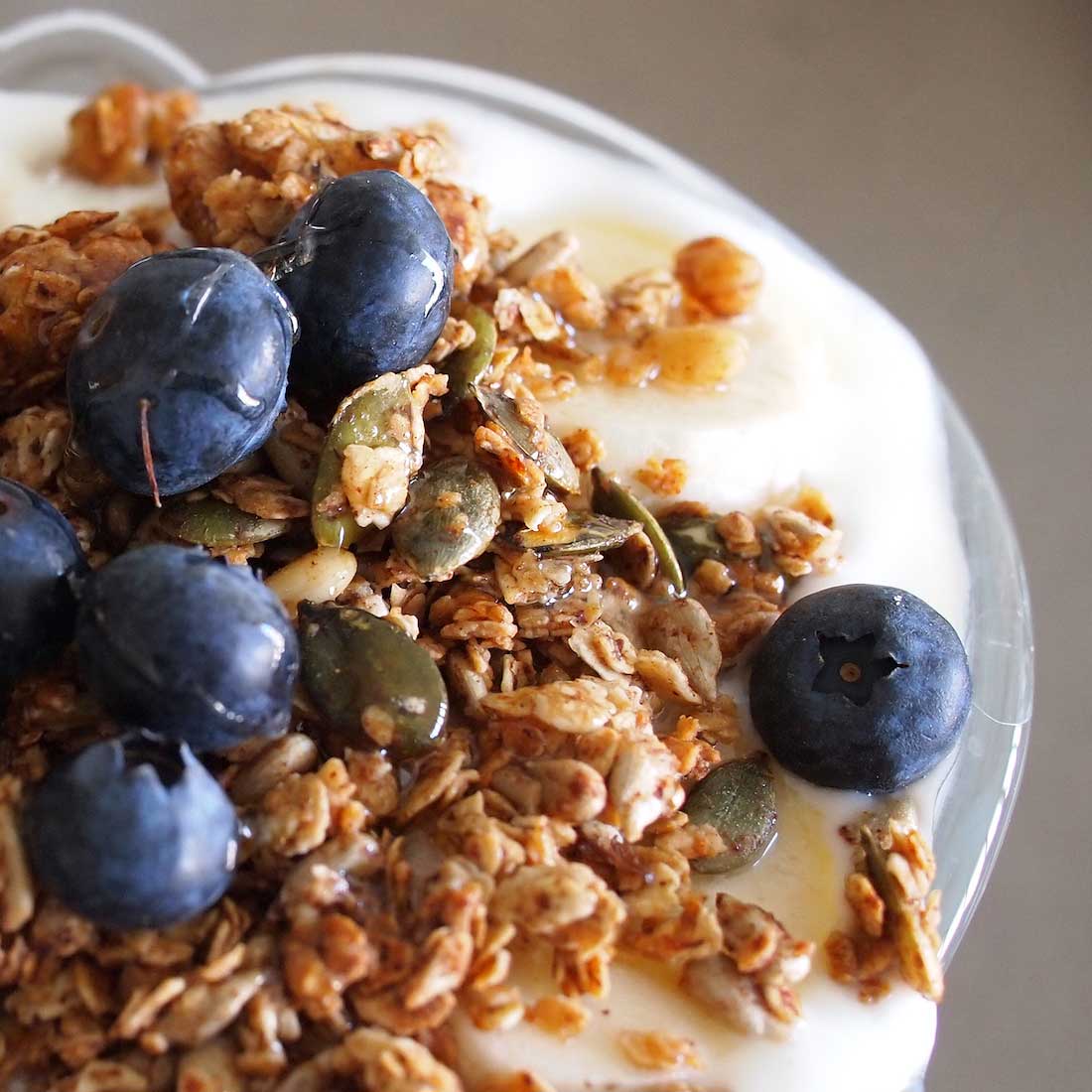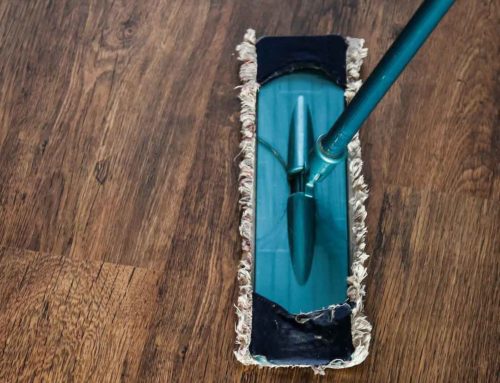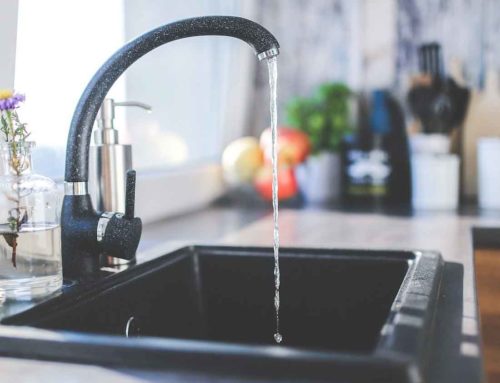What if I told you that your body is more bacteria than human?
You could call yourself about 10% human. For every human cell in your body, there are nine microbes that live inside you. They’re essential to your health. Without them, we’d have trouble digesting food, would catch a lot more diseases, and would likely be fatter. Microorganisms live in all parts of your body, especially your gut, and collectively they’re called your microbiome.
Why is the Microbiome Such a Big Deal?
Your microbiome plays a huge role in your immune system. We’ve grown up being told that bacteria will harm us – think about all those hand sanitizers and anti-bacterial soap. We need to rethink how we see bacteria. We now know that having healthy bacteria and microbiomes reduces the risk of irritable bowel syndrome, allergies, eczema, asthma, and maybe even obesity. And that’s far from all the benefits our microbiome provides us.
The Nitty-Gritty of Your Microbiome
There are billions of microorganisms in your body, mostly in your bowel. Bacteria, yeasts, viruses and parasites all exist in your body and keep you healthy. Think about this: each time you breathe, there are 9 times more microorganisms taking that breath in with you.
You cannot shape the genes your parents gave you, but you can shape your microbiome. A healthy microbiome is the key to being healthy. How important is your microbiome? We’ve found that just moving microbes from a healthy to sick person’s gut can cure C. difficile, a disease that kills 14,000 Americans each year. For you to be healthy, your microbiome needs to be in good shape.
Here’s How to Keep your Microbiome Healthy
We’re only now starting to learn more about the microbiome. The largest research project in the world on the microbiome is the National Microbiome Project in the U.S., but for all researchers across the world, we’re still in too early stages to make specific health recommendations. Here’s what the microbiome researchers say about their personal habits, though, after studying the microorganisms so vital to our body.
We need diversity in our microbiome. Think about a forest. If a forest only had one type of tree, it wouldn’t be very resilient. A single disease could wipe out the entire forest. The same concept applies to our microbiome. We want a diversity of microorganisms in our body.
Here’s how to get a healthier microbiome. Eat fiber. Lots of it. Also, eat a variety of foods. There are many different forms of fiber so just eating peas, for example, won’t give you the diversity your microbiome needs. Have some blueberries with oatmeal for breakfast, add some leafy greens to your sandwich, and enjoy some roasted vegetables at dinner. Here’s another good idea: add fermented foods to your diet. Have some yogurt, kimchi, or sauerkraut.
Here’s another lifestyle change researchers have adopted. They allow their children to play outside more often. Also, they’ve become much more aware of the antibiotics they put in their bodies. Here’s an important note: if you need antibiotics, take them. Just be mindful that when eliminating pathogens, antibiotics will also kill beneficial bacteria. If you need antibiotics, absolutely use them, and check carefully that you do need them before taking any.
Chew on this
The steps to having a healthy microbiome will also put you in track to lose weight, have more energy, and boost your immune system. Eating more fiber helps almost every part of your body. Eat well and live well!





Dr. Tick, it is like Christmas in my mailbox when I receive your emails. I boast to my friends that this amazing doctor wad mine for years. Thank you and continued blessings in your career for helping so many of us pain sufferers.